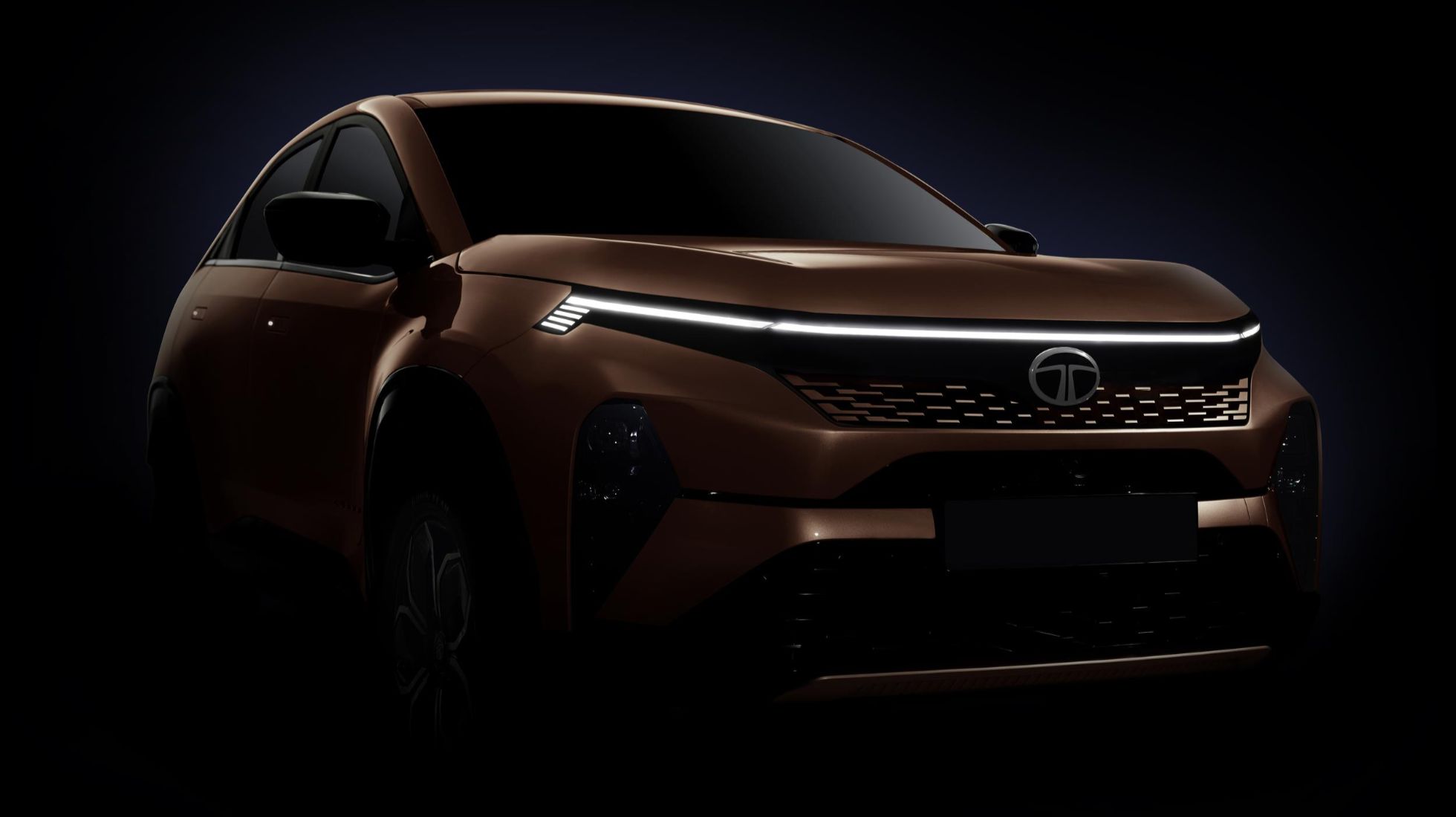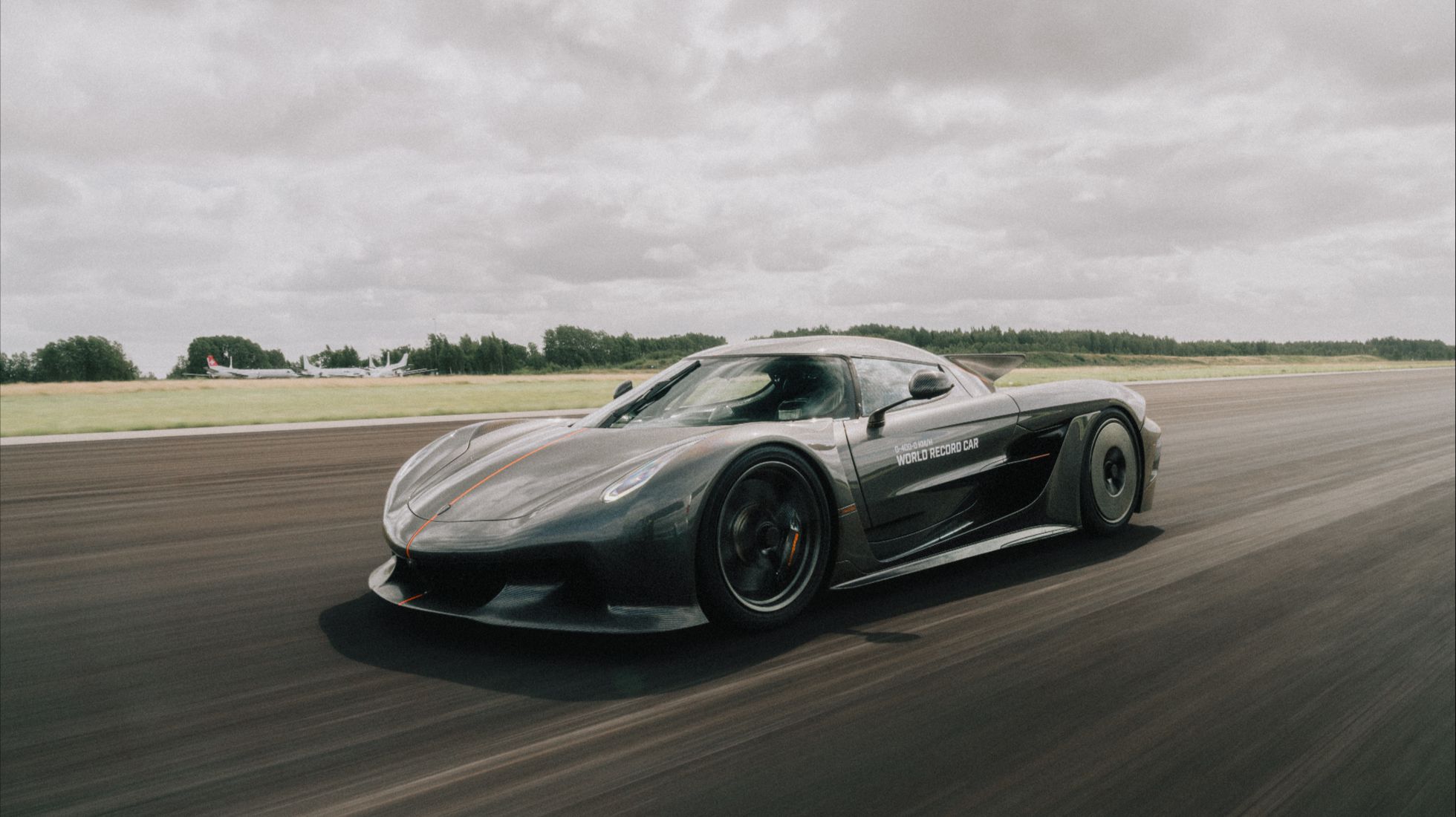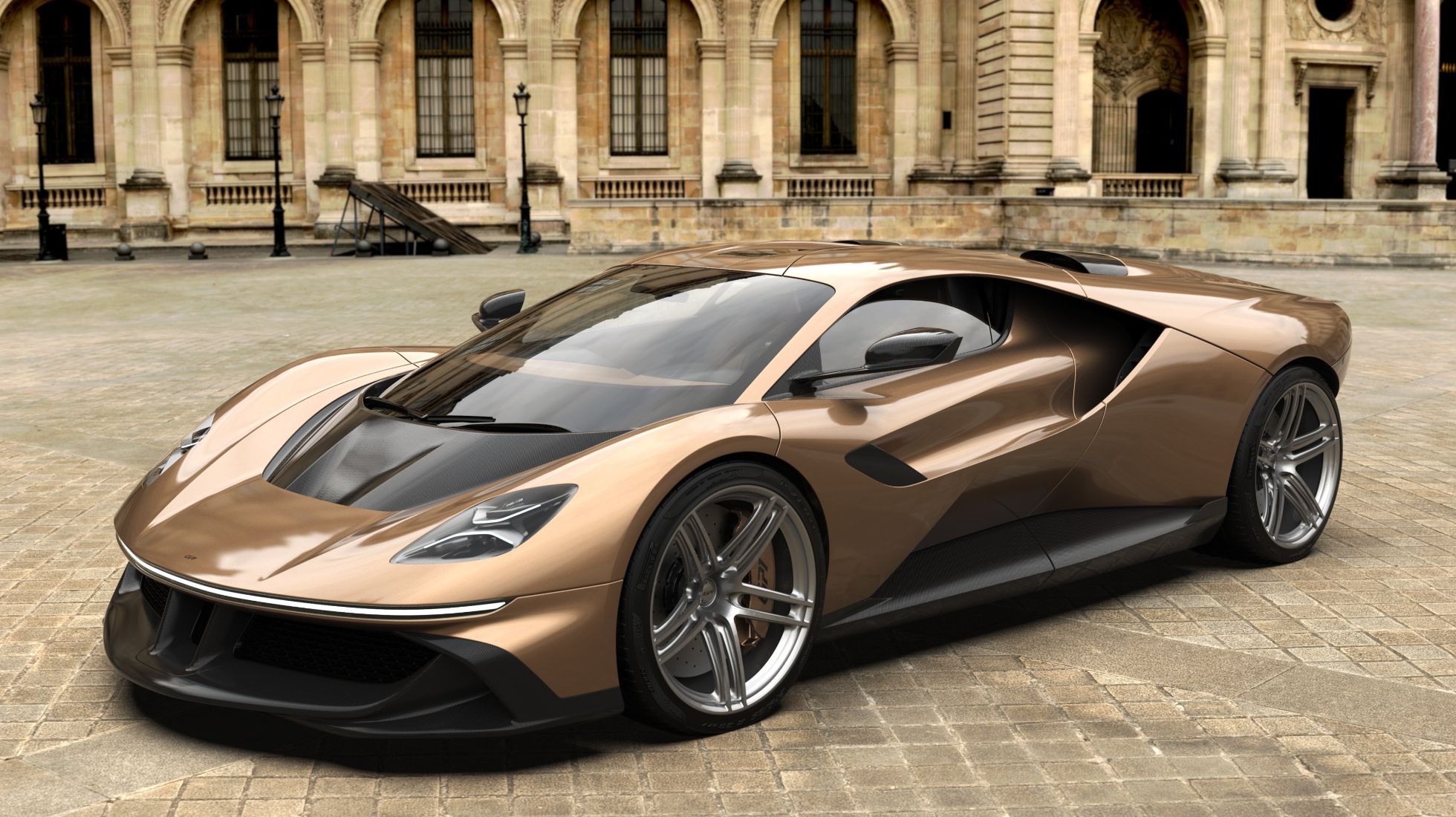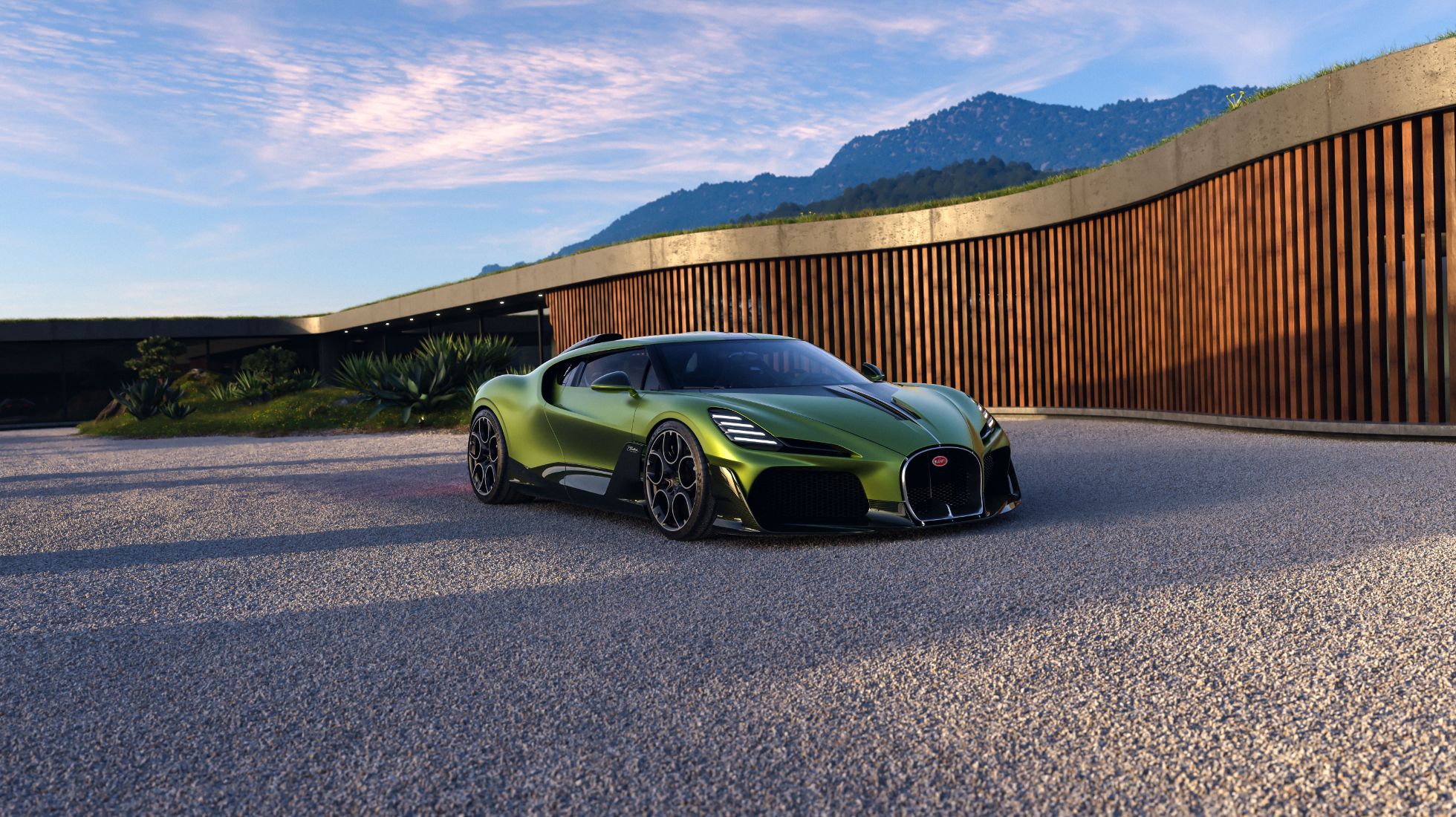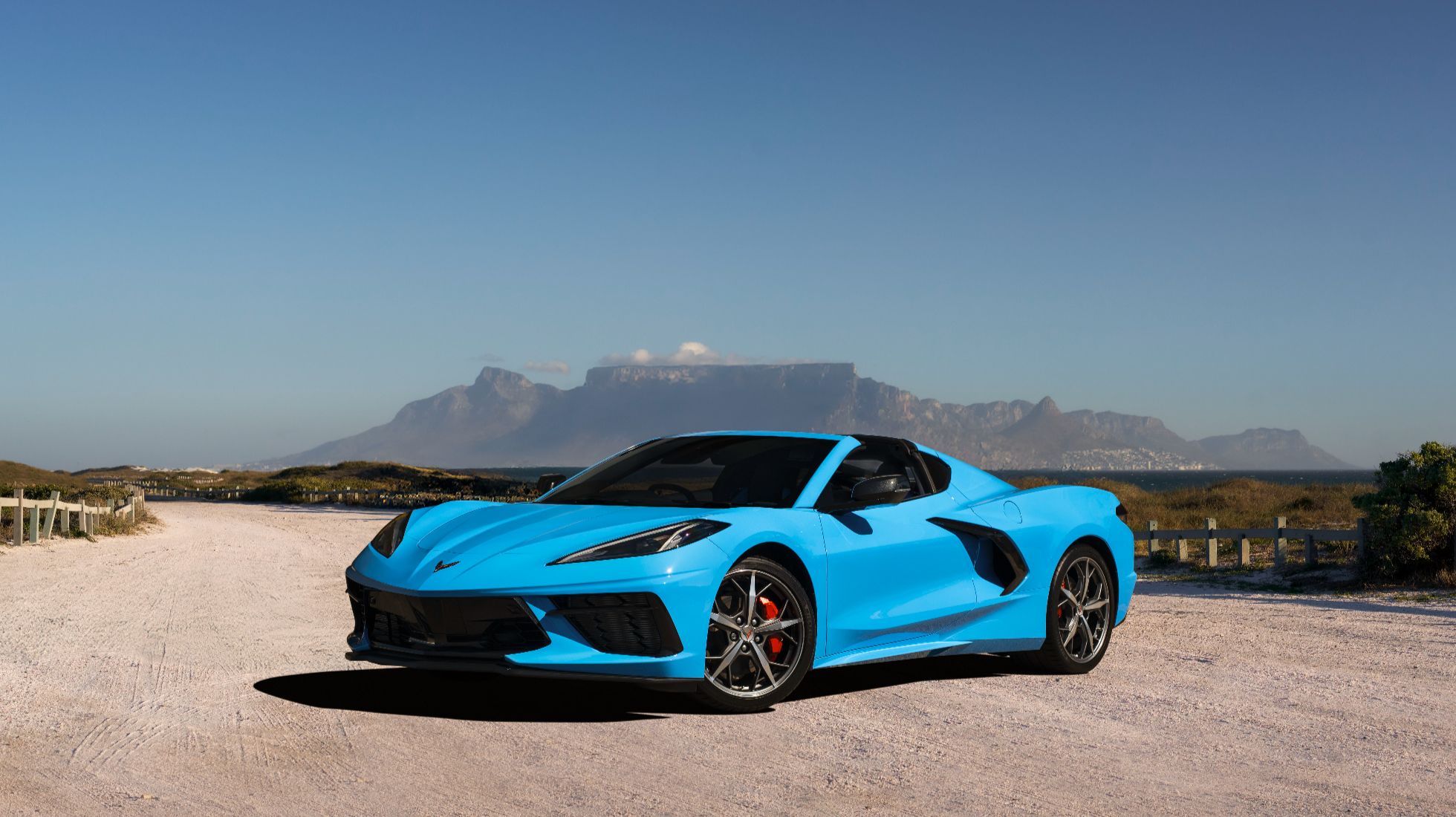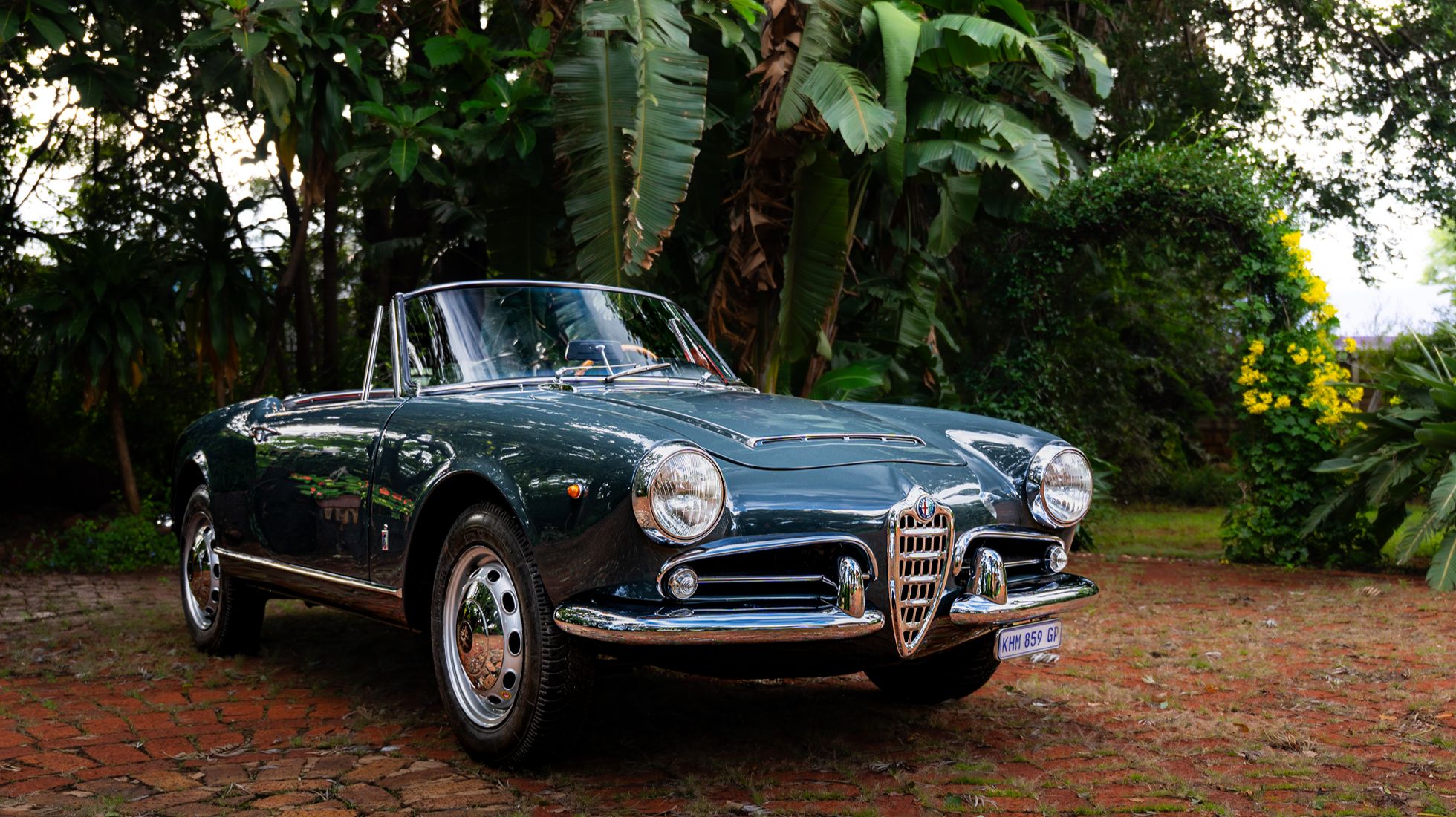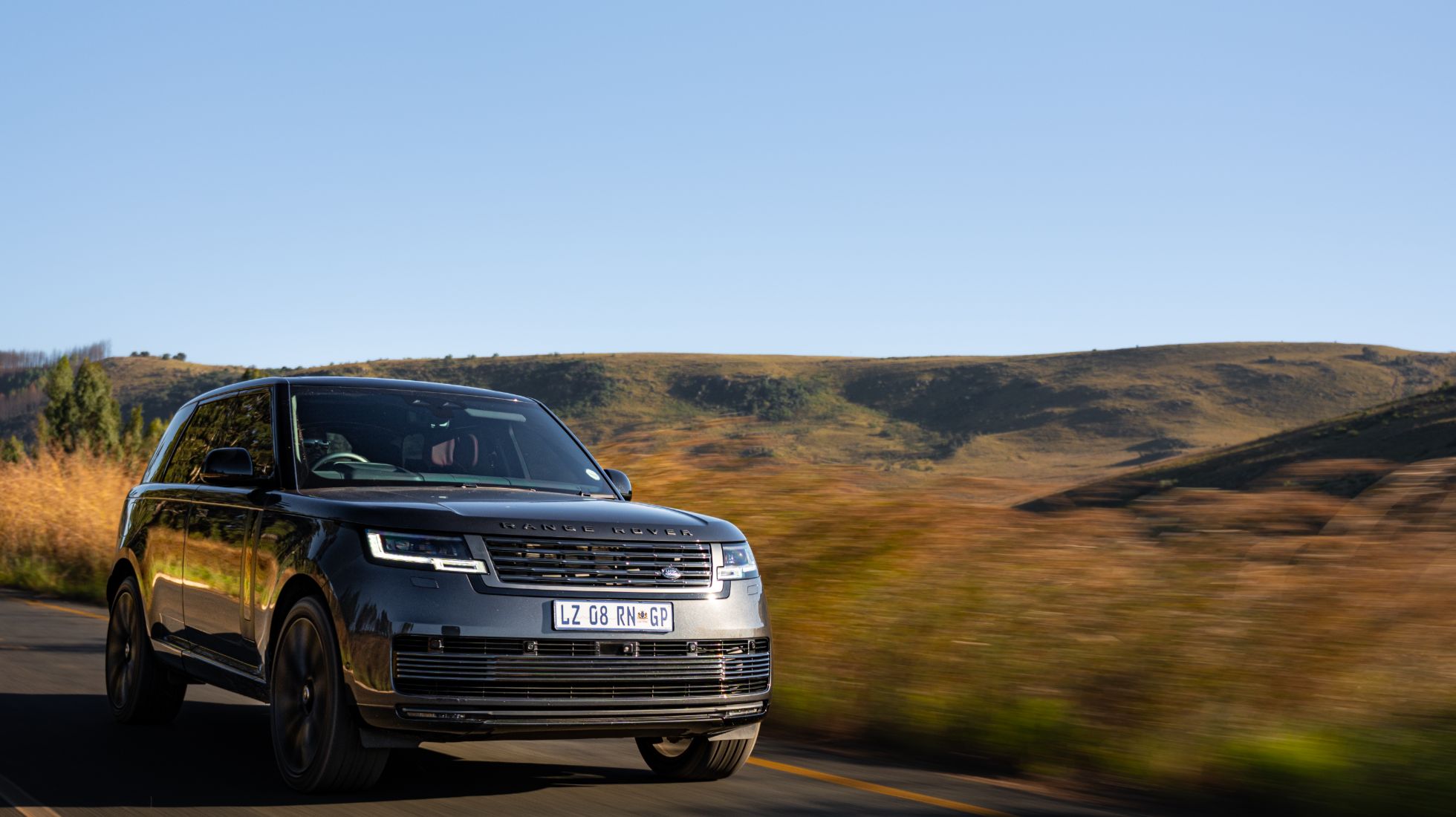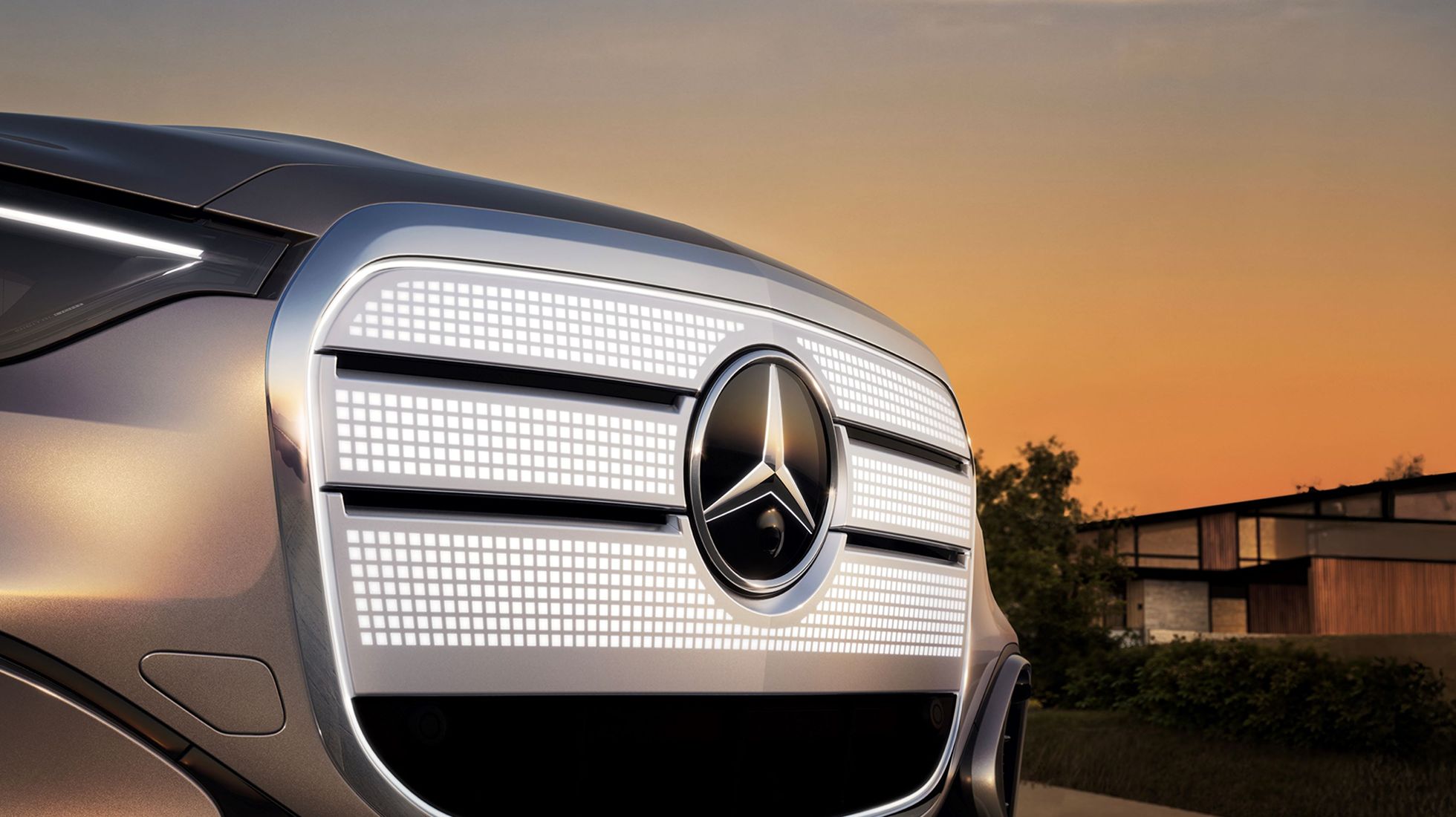Porsche appreciates its past with a new 911
The 911, for many, is known for its physics-defying engineering, pinpoint precision and a fairly marginal depreciation rate. It also comes in various styles and applications. Some are designed to crush track records, while others come equipped to take on the open road with a 7-speed manual gearbox.
It's a car that is built around the driver, even if all generations look the same through the lens of the average Joe. The most recent 911 to join the Porsche lineup is a special edition that pays homage to the golden age of motoring while adding a modern spin.
Meet the 911 Spirit 70, a convertible 911 that captivates the essence of 70s and 80s motoring flair. The Spirit 70, which will be displayed at the Shanghai Auto Show which is currently underway, is essentially a Carrera GTS convertible, but Porsche has a habit of taking its near-perfect formula and mixing it up to appeal to a specific buyer demographic. While most can appreciate a G-Series 911, and I'm yet to meet a soul that dislikes the bold look of the 959 – even the 914 had its fans – all of these were iconic Porsches that helped define the brand throughout the 70s and 80s. It's an era the brand has wanted to bring back. With this being said, what makes this GTS so special?
Its design is a product of the brand's heritage design strategy, geared towards collectors with particular interest in classic design. It comes as the third of a collection from Porsche's 70s and 80s design revival, and, in my opinion, it's the best yet. To complete this retro collection Porsche is building on, you would also need to get your hands on the 911 Targa 4S Heritage Design Edition and the 911 Sport Classic. Both are incredible designs, and both had limited production runs.
Beneath the Spirit 70’s shell sits the newly developed 3.6-litre boxer engine. It produces 398kW and 610Nm with an extra push from the electric motor placed in its PDK gearbox, and it’s a formula we know works. But it’s the intricate design that separates the Spirit 70 from the bunch, and it all begins with the exclusive Olive Neo paintwork. This colour should look revolting on any other shape of vehicle, but on a 911, it works.
The badges are coloured with Bronzite, which adds a stone-gold and bronze tone to the paintwork, and black touches on the windscreen frame and soft top keep the look understated while capturing the intended 70s aesthetic. Black silk gloss stripes are stretched along the bonnet and cleverly spell out 911. Also, the "70" racing number displayed on the side further speaks to its racing heritage.
As stunning as the exterior is, the Spirit 70's interior may take the cake in terms of vehicle interior configuration. The design is called "Pasha," and it blends black and olive colours into a retro-inspired look. Its classy and charming pattern complements the already impressive 911 interior with intricate care. Yes, its fabric texture may not be to everyone's liking, but it effectively adds that 80s bucket seat aesthetic to the car.
This model will make its way to South Africa with pricing starting at R5,056,000, and it includes a 3-year/100,000km drive plan. With only 1,500 units built and likely only a handful of models coming our way, the R1.5m premium over the standard GTS will likely only be justifiable by collectors. To put the price into perspective, it is comparable to a GT3 RS or Turbo S.
It's good to see that a brand with this much heritage continues to celebrate its past in its modern vehicles. We are unfortunately in a time where care and particular design are overwhelmed by a quantity-over-quality production mindset.
Porsche is one of the few brands remaining that understands its owners and cares more about its products than necessarily how many sales it generates. This attitude towards automotive production naturally results in a more appealing product that sells incredibly well. The Spirit 70 is an excellent example of a manufacturer's devotion to its present cars while also acknowledging its past, and the end result is nothing short of spectacular.


.jpg)
